
- 834
- 2
9 Essential Fermented Foods for Optimal Gut Health
Occasionally, we encounter numerous foods and dishes with unfamiliar names, often leaving us curious about their preparation and benefits. These culinary treasures often hide fascinating stories of tradition and health benefits, enriched by age-old fermentation techniques. In the realm of fermented foods, each culture brings forth its own unique culinary treasures, blending tradition with health benefits that span generations. Join us as we delve deeper into the world of fermented foods, exploring their diverse flavors, nutritional benefits, and considerations for those navigating health challenges like CKD. Discover how these ancient culinary traditions continue to nourish and delight, offering a taste of both history and wellness in every bite.
Fermented foods are created through a process known as fermentation, during which microorganisms such as bacteria, yeast, or fungi break down sugars and transform them into alcohol or acids. This method not only preserves the food but also enhances its flavor, texture, and nutritional value. While some microorganisms in the gut can be harmful, many beneficial bacteria are essential for maintaining good health. Recent research indicates that the microorganisms present in the gut may help reduce the risk of conditions like diabetes and inflammatory bowel disease (IBD).
Kefir:

- Kefir is a fermented dairy product made by adding kefir grains, which are a combination of yeast and bacteria, to milk. This results in a thick, tangy beverage that tastes similar to yogurt.
- Additionally, kefir contains less lactose than milk. When kefir grains are added to milk, the bacteria in the grains ferment and break down the lactose.
- Kefir is used to help digestive health and decrease inflammation. Animal studies have shown that kefir progresses immune function by stimulating the body to produce anti-inflammatory substances.
Noted: CKD patients can include kefir in their daily diet.
Idli and dosa
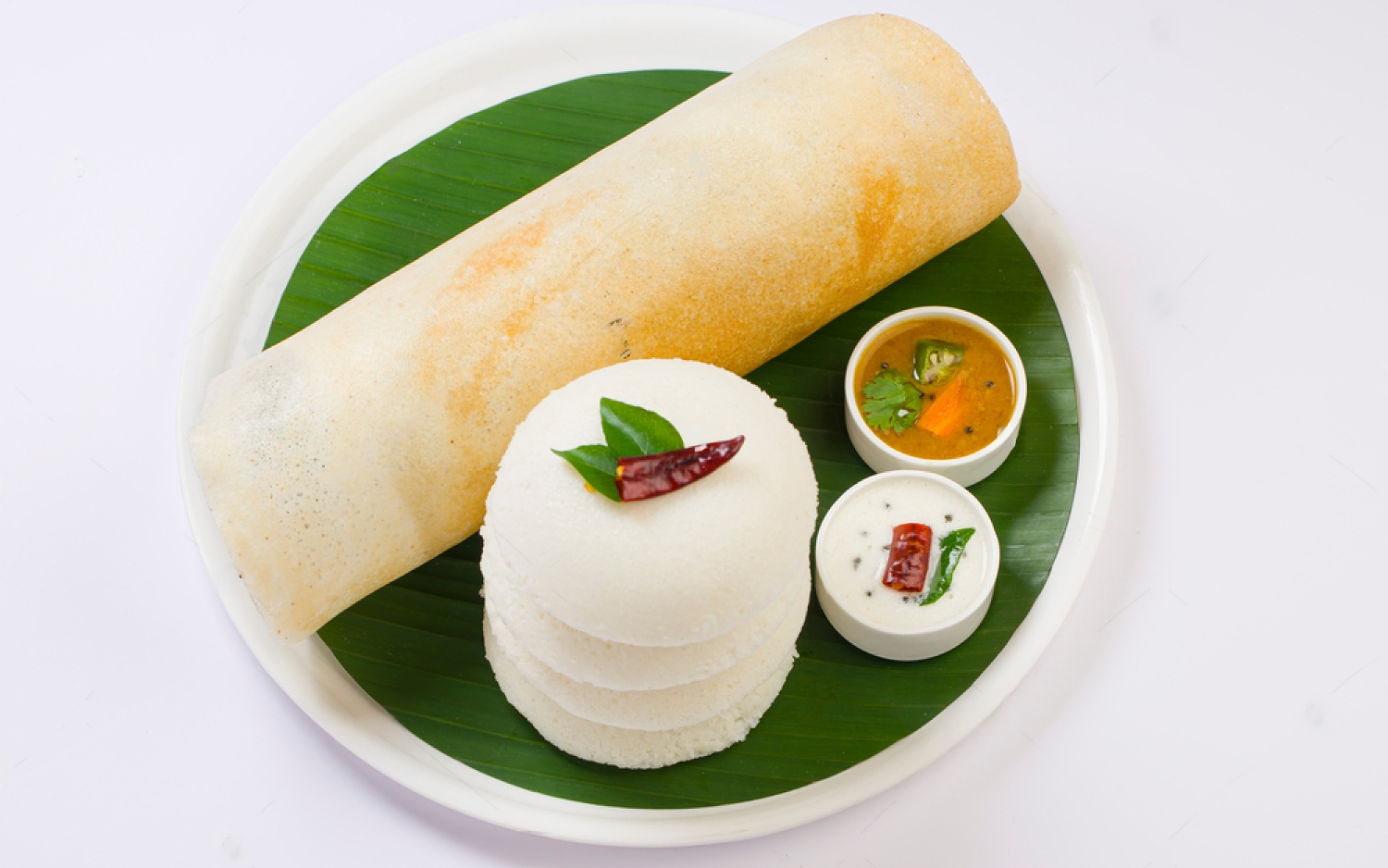
- Idli and dosa are popular South Indian dishes made from fermented parboiled rice and black gram dal. The fermentation process, which occurs overnight, enhances the B vitamin content and makes these foods easily digestible.
- A unique aspect of using black gram dal in idli and dosa preparation is its mucilaginous property, which helps retain carbon dioxide produced during fermentation.
- The key microorganisms involved in this fermentation include Lactobacillus lactis, Streptococcus faecalis, Leuconostoc mesenteroides, and Pediococcus cerevisiae, which contribute to the airiness of the batter.
Noted: Due to their potassium content from the dal, individuals with chronic kidney disease (CKD) should monitor their serum potassium levels and may consume these foods once or twice a week.
Curd

- Curd is produced through the fermentation of milk using a bacterial yogurt culture.
- Curd is particularly popular and widely accepted among fermented dairy products for its mild acidic taste and pleasant flavor. High-quality curd should have a steady, uniform consistency, a sweet aroma, and a lightly sour taste. Its surface should be smooth, shiny, and free of cracks and gas bubbles.
- It provides essential protein and calcium and may promote healthy probiotic gut bacteria. Curd has greater nutritional and therapeutic benefits than the milk from which it is made.
Noted: It is easy to digest and is also kidney-friendly, making it a suitable addition to the daily diet of renal patients.
Kimchi

- Kimchi is a widely popular traditional Korean dish made from salted and fermented vegetables. It is rich in probiotics, which can help combat yeast infections.
- Kimchi enhances the immune system, supports gut health, reduces inflammation, and may slow aging.
Noted: However, it is not suitable for CKD (chronic kidney disease) patients due to its high salt content, which is restricted in their diet.
Kombucha tea

- Kombucha tea is produced through the fermentation of green or black tea, facilitated by a symbiotic colony of bacteria and yeast (SCOBY). During this process, the yeast breaks down the tea’s sugars, converting them into probiotics.
- Similar to other fermented foods, Kombucha tea is abundant in probiotics, often referred to as “good bacteria.” The fermentation typically spans about three weeks, during which the tea’s sweetness diminishes with longer storage.
- This beverage is known for its beneficial impacts on gut health, heart health, and immunity. Rich in antioxidants, Kombucha tea supports tissue healing and regeneration. Its anti-inflammatory properties have shown promise in reducing allergic symptoms with regular consumption.
Noted: Individuals with chronic kidney disease (CKD) should consume Kombucha tea in moderation, considering its overall health benefits and effects on the body.
Read the blog below to discover the benefits of drinking tea for CKD patients 👇
Saurkraut

- Saurkraut is mainly made up of fermented cabbage. It has a long shelf life and possesses a sour flavor and these both are results due to the fermentation process.
- It helps to improve gut health as it is rich in probiotics along with vitamin C and iron. These all help to improve the immune system. Due to the fermentation, the bacteria help to ferment the sugar in the cabbage leaves result the formation of lactic acid.
Dhokla
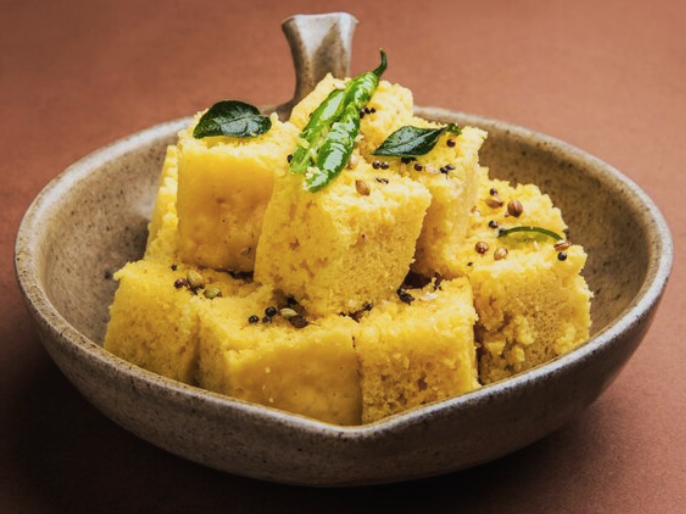
- Dhokla, a traditional Indian dish, is crafted by blending black gram flour and rice flour in a ratio of 3:1. The mixture is left to ferment for approximately 6 hours before being steamed to perfection.
- It has rich probiotic content, dhokla is celebrated for its beneficial impact on gut health. Additionally, it boasts significant levels of iron and B vitamins, contributing to overall nutritional value.
Tempeh

- Tempeh is produced using fermented soybeans, often with additional grains such as rice or barley. The process of fermentation involves introducing a starter culture of Rhizopus oligosporus, a type of fungus, to the cooked soybeans. This culture helps to bind the soybeans into a solid, dense cake or patty.
- Tempeh is packed with protein, B vitamins, and minerals like iron and calcium. It is also an excellent source of dietary fiber and contains probiotics, which promote healthy gut bacteria.
Noted: Furthermore, tempeh is low in saturated fat and free from cholesterol. However, individuals with chronic kidney disease (CKD) should avoid tempeh because soybeans are high in potassium.
Natto
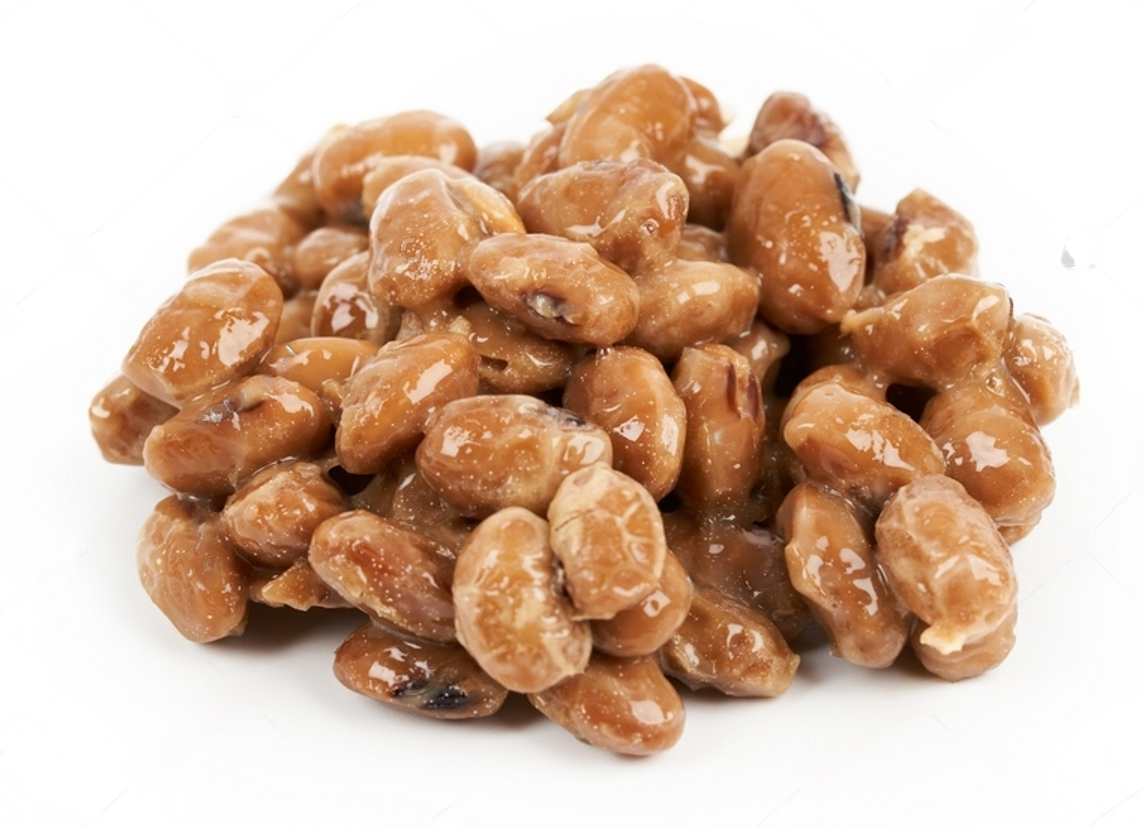
- Natto is a traditional Japanese food made from soybeans fermented with Bacillus subtilis var. The fermentation process imparts natto with its unique slimy texture and strong flavor.
- Natto is a powerhouse, packed with protein, vitamins (notably vitamin K2), and minerals such as iron and calcium. It also contains beneficial compounds like polyamines and isoflavones.
- Additionally, due to its fermentation, natto is rich in probiotics that can enhance gut health.
Noted: However, individuals with chronic kidney disease (CKD) should avoid natto, another soybean product, as soybeans are high in potassium.
For more information about gut health, join our diet team
Conclusion
Fermented foods blend tradition, flavor, and health benefits, cherished across cultures for generations. They range from tangy to airy, creamy, zesty, and spongy textures, each offering something special. Fermentation enhances their nutritional value, making them rich in probiotics, vitamins, and minerals. These beneficial microorganisms are vital for gut health and immune support, with studies showing potential benefits in reducing risks of diabetes and IBD. For those with CKD, some fermented foods can be included in the diet with careful consideration, while others should be consumed cautiously due to potassium content. Embracing fermented foods connects us to cultural heritage and promotes overall health, providing a taste of history and wellness in every bite.
Comment
2024-07-22 11:28:42
S.S. kohli
Thanks a lot.
Glad to hear from you. Stay informed with upcoming health-related blog updates at https://www.drpratim.com/blogs/
Check Your EGFR
***We Promise, no spam!




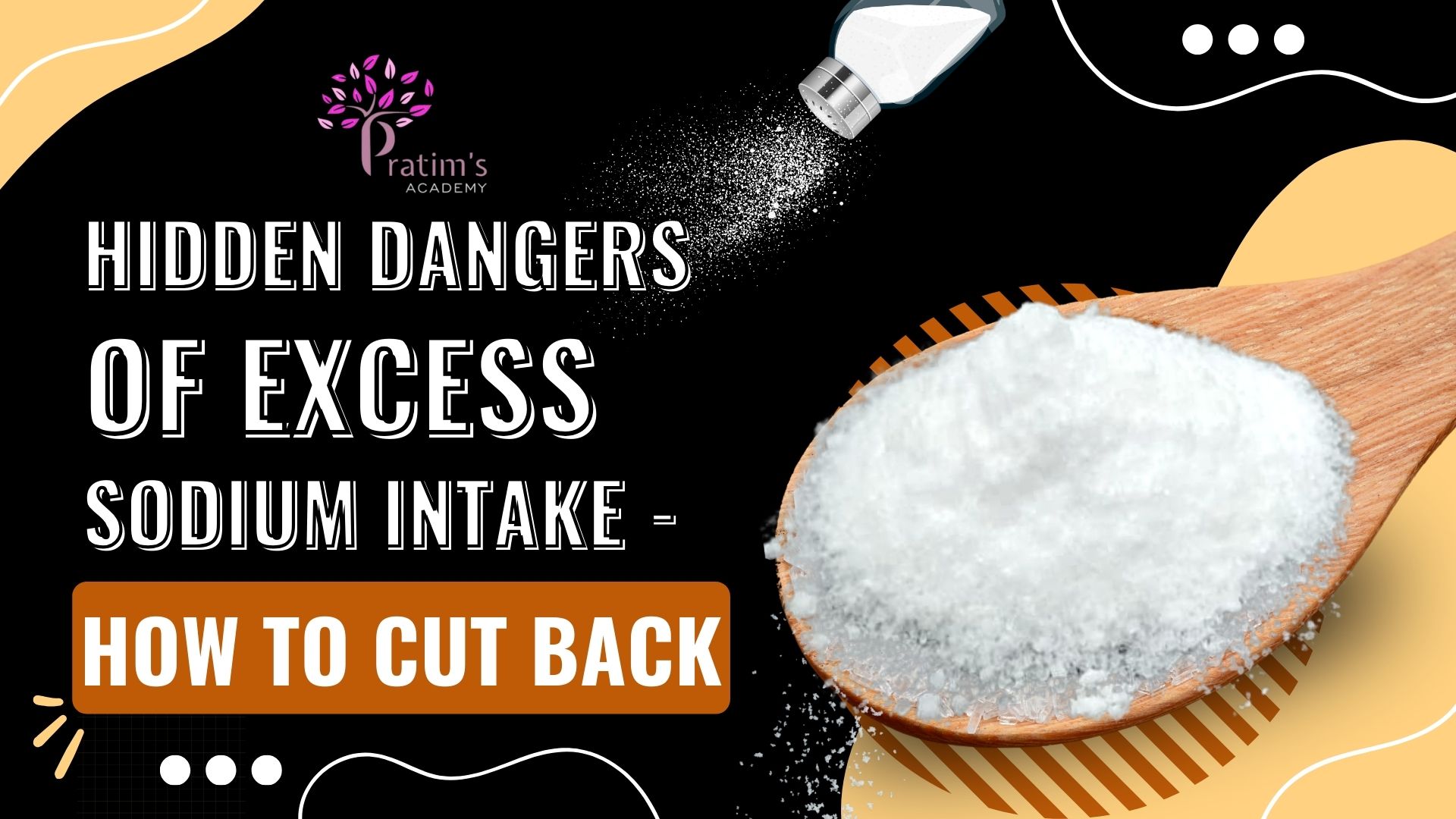
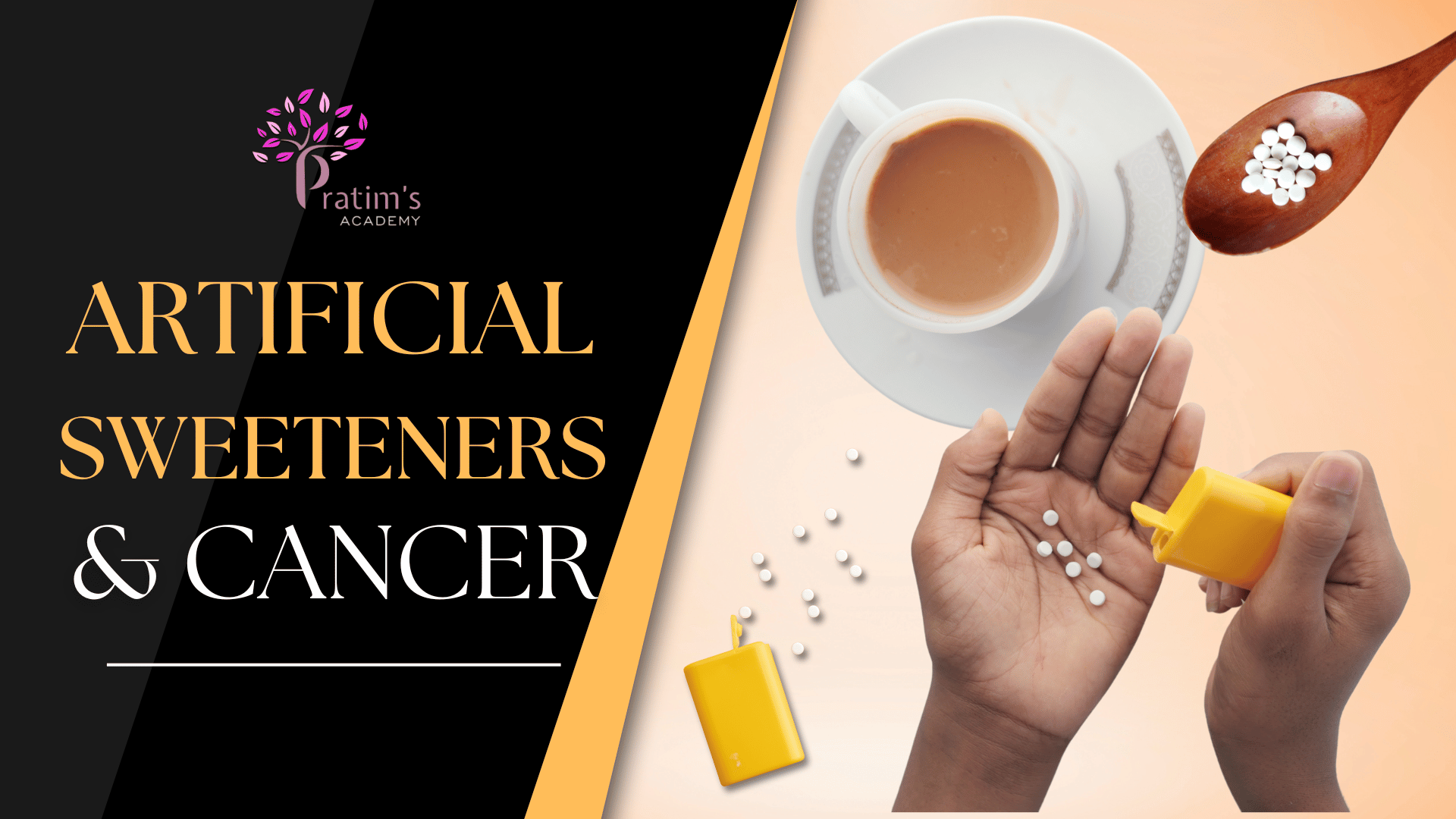


2024-08-09 07:57:26
Asok kumar mondal
This an eye open option for ckd,who are always in dilemawhat should and what should not,thaks alot for proving such substitute health care options
Thank you for your thoughtful feedback. I'm grateful that you found the substitute healthcare options helpful for managing CKD. It’s always rewarding to know that the information provided can make a difference in navigating health decisions. If you have any more questions or need further assistance, feel free to reach out.